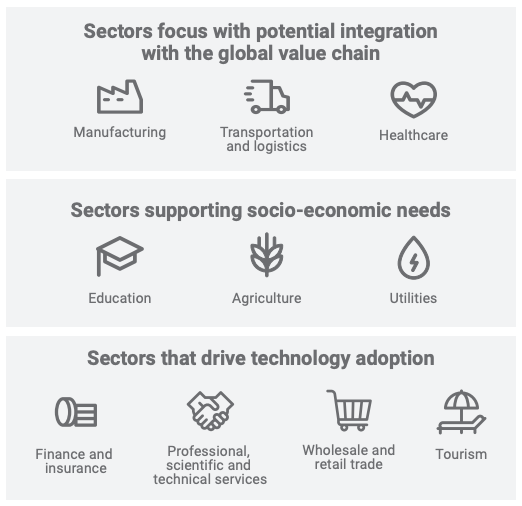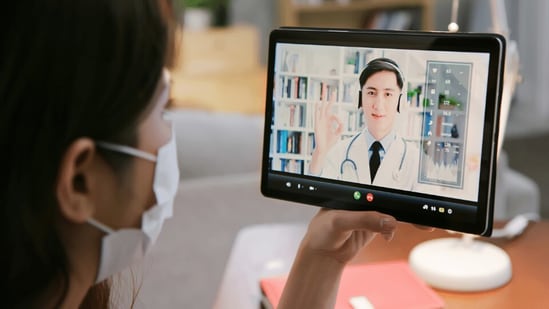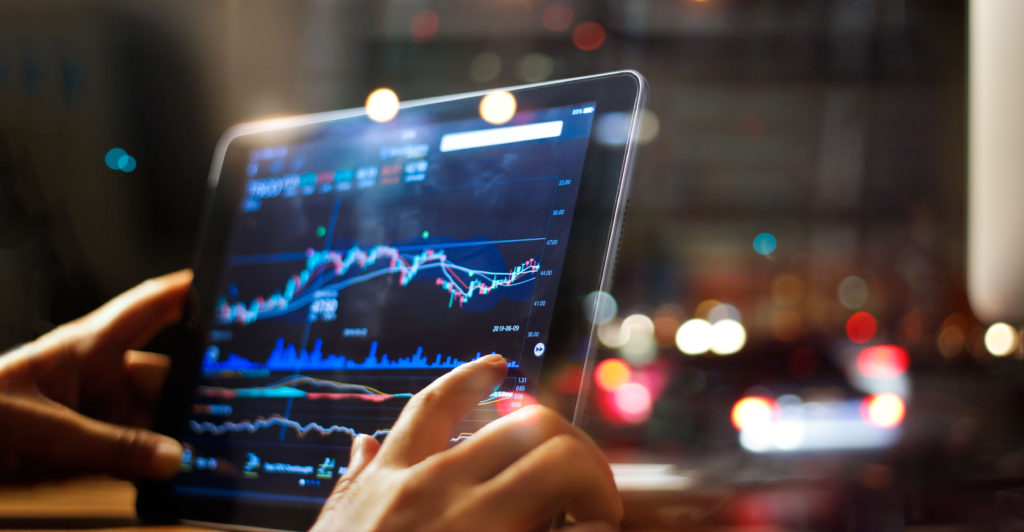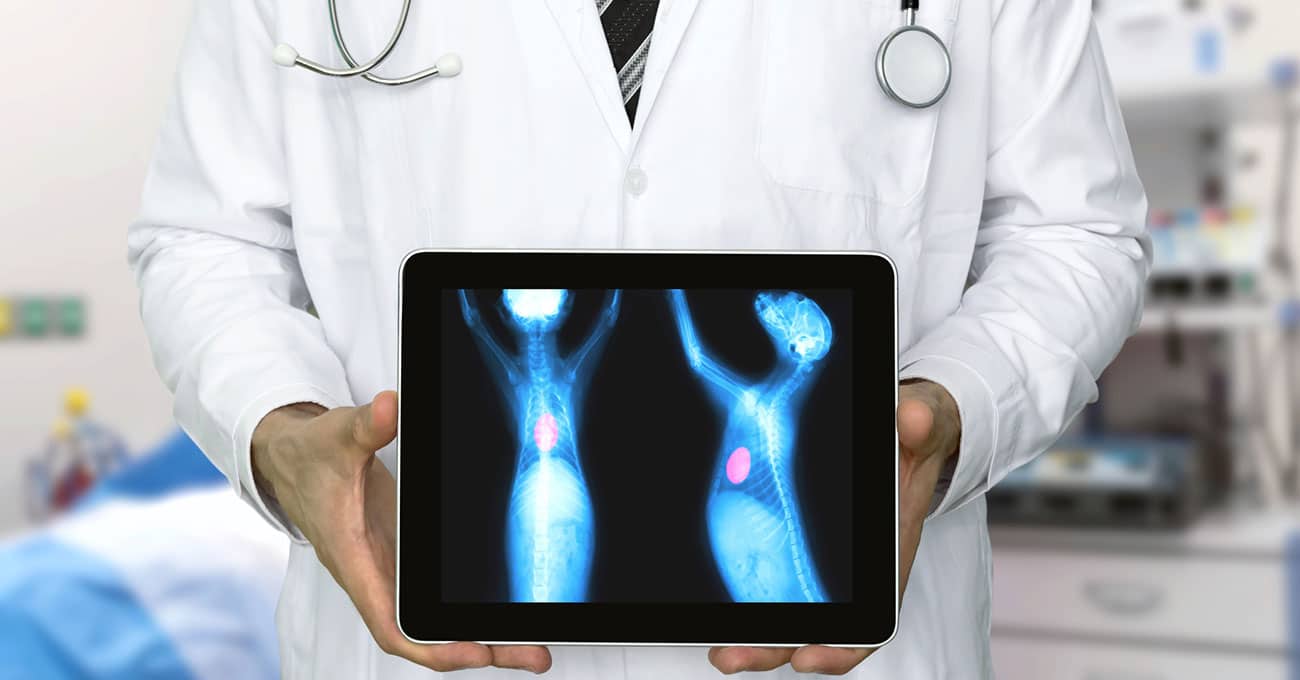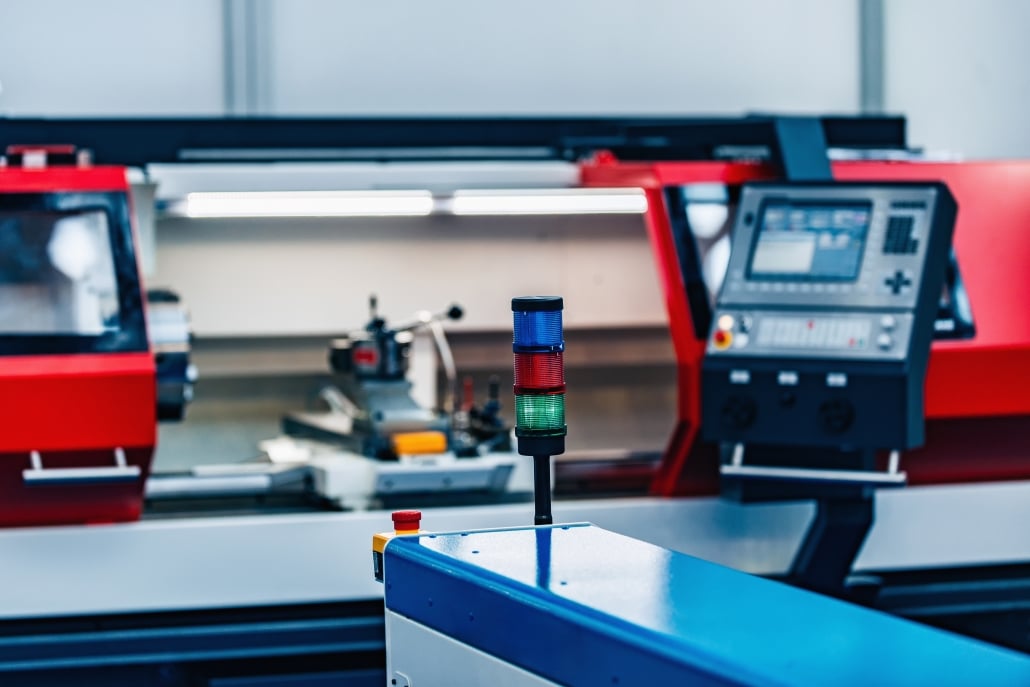From Pet Wearables To Medical Drones, Here's What We Can Look Forward To In The Future
Did you know that technologies like 3D printing, blockchain, and autonomous vehicles are already present in Malaysia?
The government recently announced the National 4IR Policy, a plan to transform Malaysia through technology and digitalisation
This policy is meant to equip Malaysians and the nation's industries to keep up with the 4th Industrial Revolution (4IR), with emerging technology changing how we live, work, and communicate with one another.
In fact, did you know that many 4IR technologies are already present in Malaysia?
Whether it's using 3D printing to provide precise medical supplies, utilising blockchain to secure digital vaccination certificates, or developing a seven-kilometre testing route for autonomous vehicles, Malaysia has been using all kinds of disruptive technologies.
A vehicle equipped with autonomous software solutions on the Cyberjaya Malaysia Autonomous Vehicle (MyAV) Testing Route.
Image via eMooVitTo further prepare the nation for the future of digitalisation, the National 4IR policy will be focusing on 10 key sectors
1. Manufacturing
The manufacturing sector is a big component of our economy, contributing around 23% to its gross domestic product (GDP). Innovations like robotics and automation will help increase efficiency in the manufacturing sector.
2. Transportation and logistics
The logistics sector is also essential to Malaysia's economic development in the global supply chain. Improved logistics with the use of 4IR technologies will reduce time, cost, and human errors.
3. Healthcare
Malaysia is a popular healthcare destination, and ranks 30th globally according to Numbeo's Health Care Index. From medical robotics to new treatment methods, healthcare workers will rely more on technology to perform their roles.
4. Education
While online learning has become more commonplace, what we can expect in the future is widespread customisation in education, automated assessments, and the digitisation of student records.
5. Agriculture
Our government plans to transform the agriculture sector to be dynamic, sustainable, and competitive. Thanks to innovative technologies like precision farming, the Internet of Things (IoT), and big data, farmers will be able to produce better crops at a lower cost.
6. Utilities
The utilities sector is essential, providing energy and water services to all Malaysians. To stay relevant and manage consumer expectations, it will likely face radical transformation, from renewable energy sources to greener technology.
7. Finance and insurance
When it comes to the finance and insurance sector, automated transactions are already commonplace. With 4IR technologies like blockchain, we will likely see more unsupervised transactions, coupled with improved personal data protection.
8. Professional, scientific, and technical services
This sector includes workers with a specific expertise or skill set. From veterinarians and accountants, to marketers and lawyers, every industry will face changes due to the 4IR. Being adaptable will allow professionals in their field to stay ahead of the curve.
9. Wholesale and retail trade
Blockchain now gives a full picture of every step of the supply chain, from the supplier to traders, to individual consumers. In this digital economy, consumer data and e-commerce transactions must also become more secure. We are also seeing the use of advanced materials in packaging.
10. Tourism
Tourism in the next 10 years will look very different from now. Besides upskilling the current workforce to be ready for the 4IR, the sector must also be ready when tourists demand for sustainability, safety, as well as personalised experiences.
1. Healthcare
Medical Drones
In some countries, drones are being used to monitor body temperature and spray disinfectant in public spaces. Drones can also be deployed to deliver medicine and life-saving supplies quickly to remote areas.
Telemedicine
Telemedicine uses technology to provide medical care at a distance. This helps to bridge the healthcare gap by allowing well-trained doctors to treat faraway patients with the tap of a device, or for patients at home to receive diagnosis without having to visit the hospital.
Medical Robots
From 5G-powered medical robots that allow remote surgery, to robotic-assisted biopsy, there are increasing applications of robotics in healthcare that allow surgeons to be more precise and effective, while being less invasive.
2. Finance and insurance
Machine Learning
Artificial Intelligence (AI) allows insurance companies to automate processes, analyse data, and predict customer behaviour, while optimising their product offerings. Besides that, AI also includes chatbots and virtual assistants that improves the customer experience.
Blockchain
Blockchain can streamline many banking and lending services, reduce risk, and decrease settlement times. Instead of relying on humans to authenticate documents one at a time, blockchain enables real-time verification of financial documents, while being more secure.
CyFi (Cyber Risk and Financial Crime)
Along with technological advancements, the financial and insurance sector needs to evolve because traditional prevention methods are not sufficient to protect consumers. As criminals adopt new ways to commit financial crime, financial institutions need to embrace advanced technologies like analytics and AI to prevent fraud effectively.
3. Professional, scientific, and technical services
Pet Wearables
The evolution of veterinary medicine includes new devices and wearables that record your pet's data, for instance when your dog scratches its ear more than usual. These wearables provide big data that allow veterinarians to predict illnesses or respond to complications at a greater speed.
Evolving Job Scopes
Accountants usually spend most of their time churning out numbers. However, with automation, a lot of these tasks will be taken over by AI, transforming the role of an accountant into an advisory role. In the 4IR era, those in the accounting field will need to be adept in IT, while being able to make sense of data and provide value-adding feedback and recommendations to clients.
Legal Tech
We will soon see a significant amount of legal work being done by machines. From contract analysis, to case prediction and e-discovery, AI systems will be able to perform many tasks that lawyers routinely perform. This means that legal firms will need to keep up with the advancement of legal tech in order to stay relevant.
4. Wholesale and retail trade
AI-Based Inventory Management Systems
One of the biggest letdowns is when a shopper is looking for an item in-store or online, only to find it's unavailable. With AI-based tools, wholesalers and retailers will be able to make more accurate demand forecasts, and know how to manage their inventory better.
Experiential Shopping
While a lot of emphasis has gone to e-commerce, physical stores still serve an important purpose. People these days are hungry for real-life experiences, which is why physical stores should be seen as more than just a place to sell products – it's a place to captivate audiences. That's what makes in-store experiences important, be it tactile, scent, sound, or design.
From the way we package food items, to improving packaging quality so that items aren't damaged when transported, these are all part and parcel of sustainable packaging. Besides that, using advanced materials for intelligent packaging can also limit waste creation.
All in all, we can expect the National 4IR Policy to transform Malaysia into a more digitised nation through innovations in key sectors
Besides growth and change within each sector, the rakyat can also be part of the transformation and enjoy the benefits that come with 4IR technologies.
To find out more about the National 4IR Policy and how it affects you, visit the Economic Planning Unit Prime Minister's Department (EPU) on Facebook
Or, keep up with the latest news by visiting the Ministry of Science, Technology and Innovation (MOSTI)'s Facebook page.

